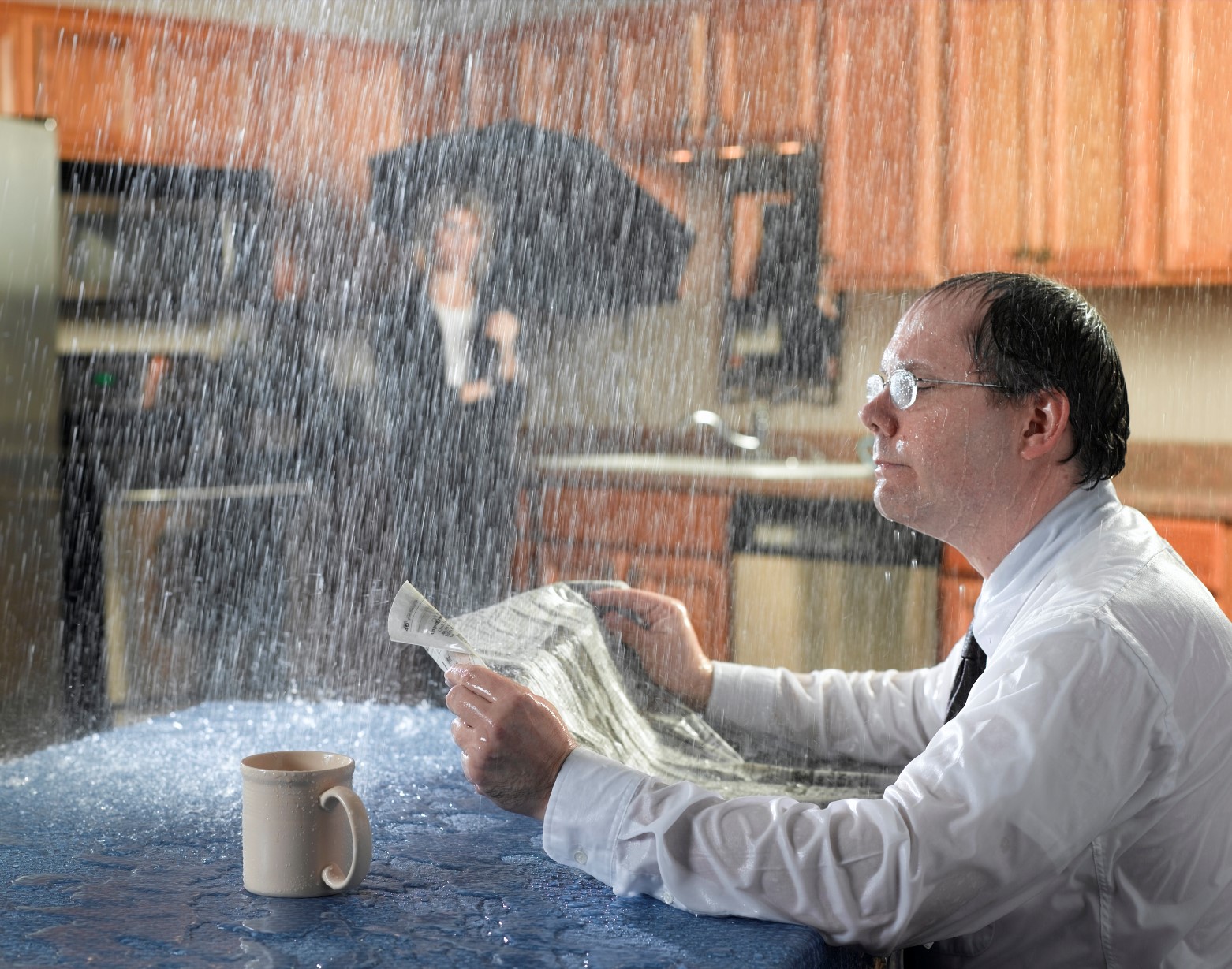Pinpoint Six of The Principal Reasons for Leakage in Your Residence
Pinpoint Six of The Principal Reasons for Leakage in Your Residence
Blog Article
The content down below relating to How to Find Water Leaks is particularly fascinating. Check it out for your own benefit and see what you think about it.

Leaks not only cause waste of water but can also trigger unnecessary damages to your home as well as promote undesirable natural growth. By understanding as well as looking for day-to-day situations that trigger leakages, you can protect your home from future leaks and unnecessary damage.
Instant temperature adjustments.
Severe temperature level adjustments in our pipelines can trigger them to broaden and contract all of a sudden. This development and also contraction may cause cracks in the pipelines, specifically if the temperature are below freezing. It would be best if you kept an eye on exactly how your plumbing works. The presence of the previously pointed out situations frequently indicates a high risk.
Rusty water supply
This could be the cause of staining or warping on your water pipelines. If our plumbing system is old, think about replacing the pipes considering that they are at a higher danger of corrosion than the newer designs.
Faulty Pipeline Joints
The factor at which your pipelines link is often the weakest web link in the waterline. Pipe joints can degrade in time, causing water leaks. Regrettably, most of pipe joints are not quickly noticeable. If you have noisy pipes that make ticking or banging sounds, specifically when the warm water is turned on, your pipe joints are probably under a lot of pressure. It is a good idea to have your plumber check your system yearly.
Trespassing roots
Most water leakages start outside the house rather than inside it. You may discover damp patches or sinkholes in your yard, as well as that could imply that tree origins are attacking water lines causing water to leak out.
Poor Water Connectors
At times, a leakage can be caused by loose hose pipes as well as pipelines that provide your devices. Generally, moving is what creates the loose water Links. You may find when it comes to a washing maker, a hose pipe might spring a leak because of shaking during the spin cycle. In case of a water links leak, you may discover water running directly from the supply line or puddles around your home appliances.
Blocked Drains
Blocked drains pipes may be aggravating and also inconveniencing, however they can often end up causing an overflow bring about rupture pipes. Maintain removing any products that might drop your drains that can block them to prevent such inconveniences.
All the above are reasons for leaks but not all water leakages arise from plumbing leaks; some leaks might come from roof leaks. All leakages need to be fixed promptly to prevent water damage.
Leakages not just trigger waste of water but can additionally create unnecessary damages to your house and advertise undesirable organic development. By comprehending and looking for day-to-day situations that create leaks, you can shield your house from future leakages as well as unneeded damage. Today, we will look at 6 leak triggers that may be triggering your pipelines to trickle.
At times, a leak can be caused by loosened hose pipes as well as pipes that provide your appliances. In case of a water connections leakage, you might see water running straight from the supply line or puddles around your appliances.
How To Check For Water Leak In Your Home
How To Check for Leaks
The average household's leaks can account for nearly 10,000 gallons of water wasted every year and ten percent of homes have leaks that waste 90 gallons or more per day. Common types of leaks found in the home are worn toilet flappers, dripping faucets, and other leaking valves. These types of leaks are often easy to fix, requiring only a few tools and hardware that can pay for themselves in water savings. Fixing easily corrected household water leaks can save homeowners about 10 percent on their water bills.
To check for leaks in your home, you first need to determine whether you're wasting water and then identify the source of the leak. Here are some tips for finding leaks:
Take a look at your water usage during a colder month, such as January or February. If a family of four exceeds 12,000 gallons per month, there are serious leaks.
Check your water meter before and after a two-hour period when no water is being used. If the meter changes at all, you probably have a leak.
Identify toilet leaks by placing a drop of food coloring in the toilet tank. If any color shows up in the bowl after 10 minutes, you have a leak. (Be sure to flush immediately after the experiment to avoid staining the tank.)
Examine faucet gaskets and pipe fittings for any water on the outside of the pipe to check for surface leaks.
Undetected water leaks can happen without the home or business owner even realizing. If you suspect a water leak, but not able to find the source. It is time to contact a professional water leak detection service, The Leak Doctor.
How To Find a Water Leak In Your Home
https://www.leakdoctor.com/blog/How-To-Check-For-Water-Leak-In-Your-Home_AE197.html

We hope you enjoyed reading our article on How to detect water leaks in your home. Thanks so much for taking time to read our piece of content. Enjoyed our posting? Please share it. Let others locate it. Many thanks for your time. Visit us again soon.
Need quality service? Report this page